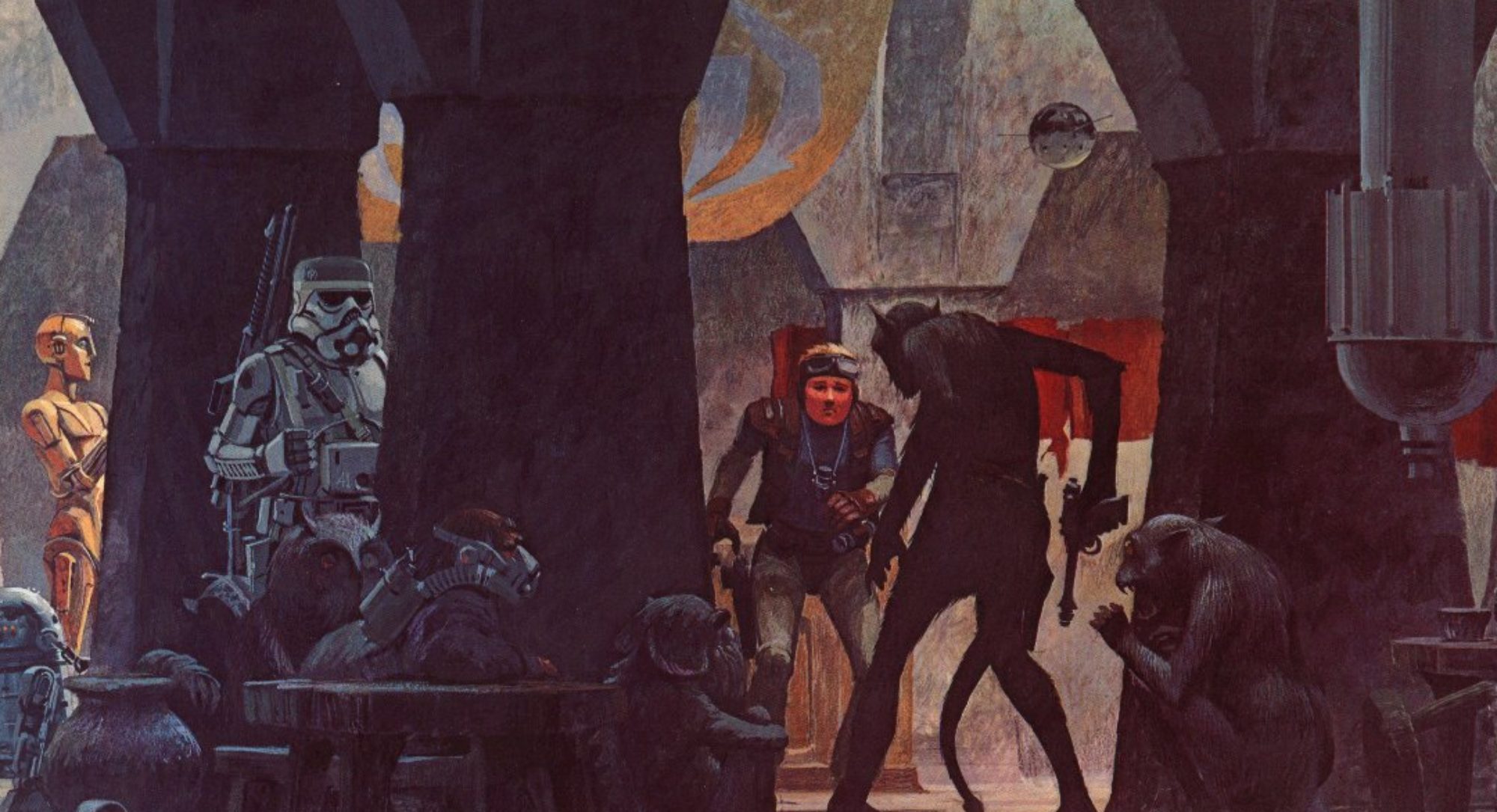A few days back, I tweeted about a blog post by former Adamant freelancer Malcolm Sheppard of Mob United Media: “Why You Can’t Have Nice Things.”
In the post, Malcolm talks about how the toxicity of the most vocal, negative segment of the online community (the segment most easily found, sadly) has chased away any hope of influence that the RPG community might have in the new media fields where you’d think they’d be valued:
“A couple of years ago I had this client — great guy, worked with him a few times. He’s a former tabletop RPG player and was really interested in bringing some of the ideas he loved from that into a new arena in the form of some cool online tools. We looked at the market at the time and determined that the service was pretty much tailor-made for roleplayers and that they were the most natural early adopters.
Once we got actual tabletop gamers from the “leading edge” of the hobby, he discovered they were so insufferable he changed his business model to stop attracting them. They were bad for business. They weren’t the gamers he remembered having fun with. They were assholes.
How were they assholes? My client used a bunch of methods to tag RPG players and monitor them moving through the system. This is what he found out about them:
- Instead of having social conversations, they focused on concrete goals.
- They related to content in a cynical fashion.
- They dissuaded other users from getting involved with the content.
- They resisted most desired behaviors (that is, the stuff that actually might make money).
- They complained all the goddamn time.”
It’s unfortunate, because the RPG community would seem to be a perfect fit for a lot of where online entertainment is headed. But I’ve seen the same thing in my discussions with transmedia producers — there’s more of an effort to draw away the best (non-toxic) elements of the community and convert them into a base for their efforts, rather than any attempt to engage with the community as a whole — and it’s entirely because of the negative stereotype, reinforced by the loudest segments online.
This post by Malcolm generated a little bit of commentary (including some absolutely delusional garbage from the “Indie” crowd about how the resistance to monetization was due to the fact that gamers are “artists.”).
Until today, when it became the subject of a thread on ENWorld, which has spurred 4 pages (to date), and increased commentary at the original blog entry.
Of course, the majority of it is a whole bunch of knee-jerking about how there’s nothing wrong, how they don’t know anybody like that, how Bad Businesses are Bad, and other crap which entirely misses the point.
What he’s talking about is that the WORST elements of the RPG community, as represented online, is sadly defining the segment for people OUTSIDE the community — even in those areas where RPGers should be valued.
…and that’s a bad thing.
A direct quote from his closing:
“I would really like the tabletop RPG community to be at the center of roleplaying in all media, sharing their insights, but it’s not going to happen unless that center attracts.”
The result of saying that? A negative pile-on by the usual suspects… aided and abetted by professionals looking to buff up their populist cred. (like Erik Mona from Paizo, coming in to call him an “idiot” — seriously)
Irony, thy name is Gamer.


 The image here at left is the registration logo for GenCon’s “SPA” (Spousal Activities) program — as they say “Activities for the Better Half.” The program, started some years back, isn’t the worst idea in the world — things for the non-gaming spouse to do, if they choose to come to GenCon. All well and good, I suppose. But check the logo.
The image here at left is the registration logo for GenCon’s “SPA” (Spousal Activities) program — as they say “Activities for the Better Half.” The program, started some years back, isn’t the worst idea in the world — things for the non-gaming spouse to do, if they choose to come to GenCon. All well and good, I suppose. But check the logo.